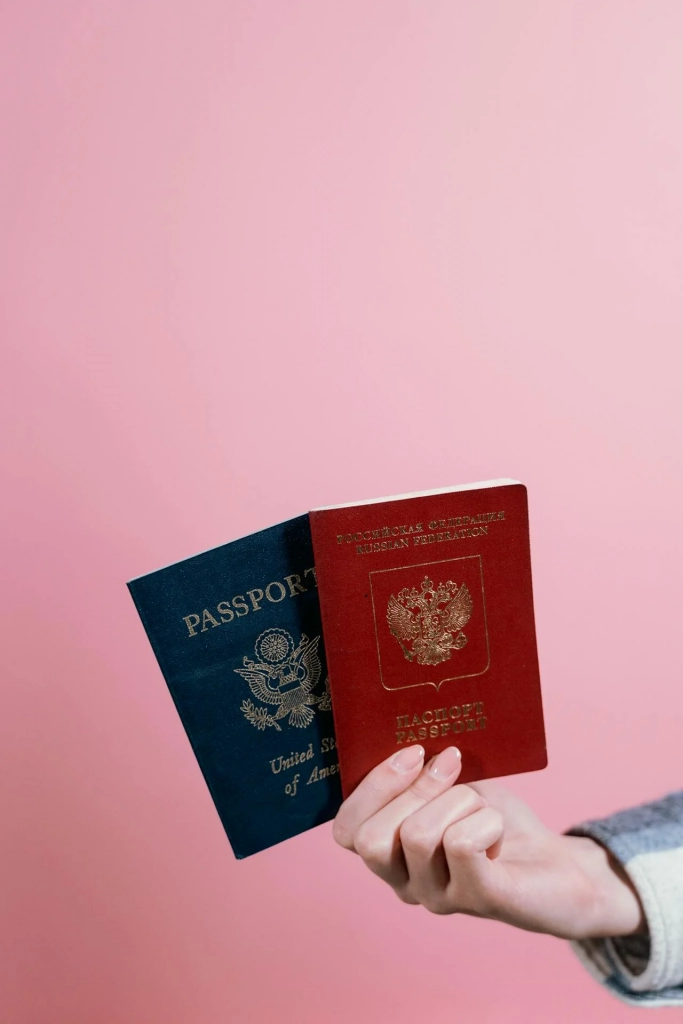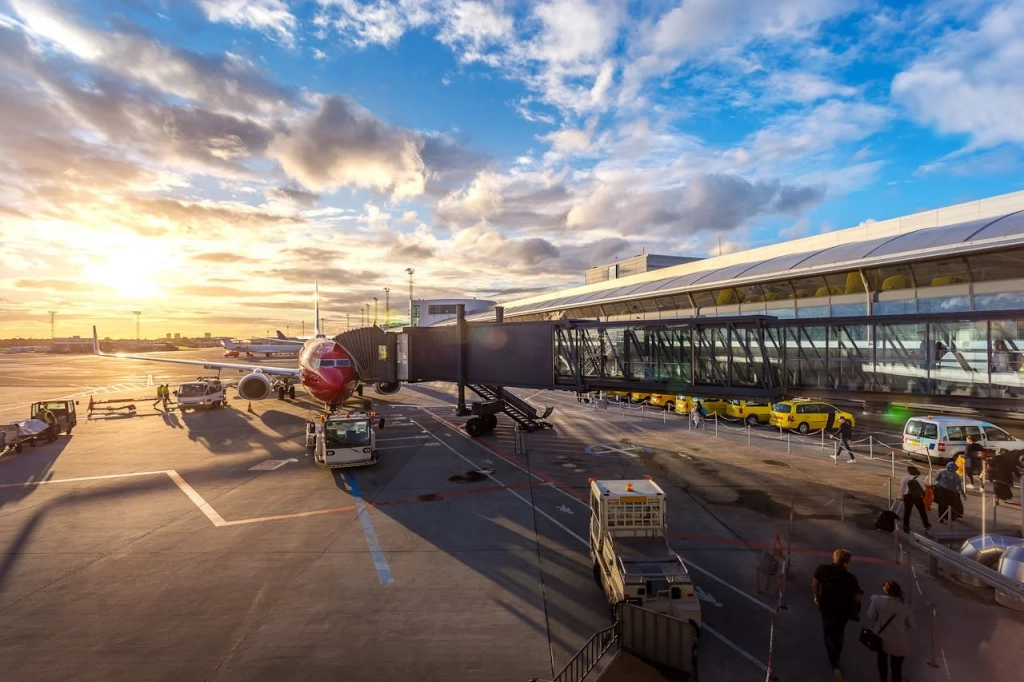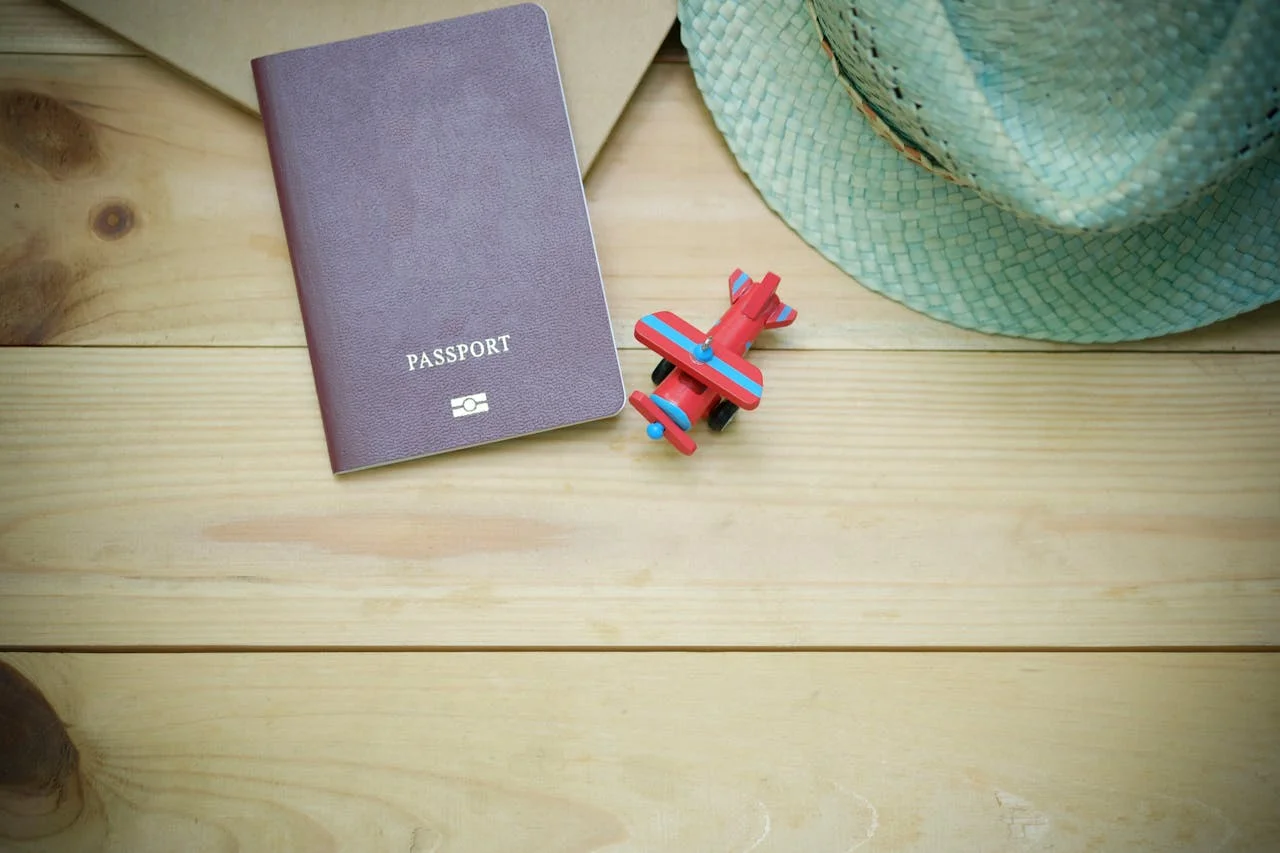While relocating to or visiting a new country has become a lot easier than it was a few decades ago, there are specific cases when entering and staying in a new country (either for short- or long-term stay) requires a bit of paperwork.
What are the most common types of visa for the Netherlands? Do you need any kind of special papers, like an employer permit to work? What about studying? How about getting Dutch citizenship? In this article, we’re trying to answer these questions.
The Allure of the Netherlands
The Netherlands is a densely populated country in Europe with a multicultural society, making it a popular destination for expats. Today, around 27% of the population has a migrant background, most prominently in large cities such as Amsterdam, Rotterdam, and The Hague.
The two-tier immigration system (like in most other EU countries), made the influx of people even more prominent. Namely, EFTA and EU citizens don’t have to apply for visas, as they have the freedom of travel, movement, or relocation to the Netherlands. Non-EFTA and EU citizens have to obtain the necessary permits and documents for university enrollment, business travel, airport transit, and so on.
EU/EFTA vs. Non-EU/EFTA Nationals
EU/EFTA
These categories consist of all EU countries plus Norway, Liechtenstein, Iceland, and Switzerland. They don’t need study permits, employment permits, and other types of Visa in the Netherlands to work or study, regardless how long they are staying. They only need to have a valid ID.
You don’t need to register with Immigration and Naturalisation Service (IND) , just the local authorities if you are staying longer than three months. This is vital if you want to get your citizen service number (burgerservicenummer, or BSN), to make everyday life (like opening a bank account or getting health insurance) easier. For longer stays, you may also need health insurance
Non-EU/EFTA
Citizens who are outside these regions will need a visa to enter the country and stay. For stays shorter than three months visa requirements will vary. Some can travel in the country for 90 days between a 180-day period (like people from Japan, the US, Australia, and so on). Others will need a short-stay visa so it’s wise to check your country’s status.
For longer stays than three months, non-EU and EFTA citizens will need different visa types in the Netherlands, depending on the reason for their stay. This might mean a D-visa, sponsored visa, and other documents.
If you want to join a close relative who is an EU/EFTA national living in the Netherlands, you also have the right to live and work there without a visa if you are their spouse/partner, child or grandchild under 21, or a financially dependent relative. To prove these rights, you must apply for verification against EU law and obtain a certificate of lawful residence.
Types of Visas for the Netherlands
Overview of Netherlands Visa Types
The Netherlands issues several types of visas depending on the purpose and length of your stay:
- Short-stay visas: valid for up to 90 days within a 180-day period.
- Temporary visas: usually valid for up to one year for work, study, or exchange purposes.
- Long-stay visas: for work, study, or family reunification, typically valid for one to five years.
Return Visa
If your residence permit expires while you are temporarily outside the Netherlands, you may need a return visa to re-enter.
- Validity: usually between 3 months and 1 year.
- Cost: €177 (€52 for Turkish nationals and family members).
Short-Stay Visas (up to 90 days)
The most common short-stay visa is the Schengen C visa, which allows travel within the Schengen Area. To leave and re-enter the Netherlands within the same period, you need a multi-entry visa (a single-entry visa can sometimes be changed to multi-entry for €30).
Applications must be made at the Dutch embassy or consulate in your home country.
Types of Short-Stay Visas
- Tourist / Family Visit Visa: for holidays or visiting relatives.
- Business Visa: for business trips, training, conferences, or short-term work/study.
- Airport Transit Visa (Schengen A visa): required if you are changing flights in a Dutch airport but not entering the country.
Tourist Visa: Requirements
You will need to provide:
- Valid passport and two photos
- Cover letter explaining your visit
- Proof of sufficient funds (€55 per day) or a sponsor
- Proof of accommodation and travel insurance
- Return flight ticket or other evidence you will leave on time
Processing takes about 15 days. The visa costs €30 (same for extensions).
Business Visa: Requirements
Alongside the standard tourist requirements, you typically need:
- A letter of invitation from a Dutch company or organization
- Proof of employment, study, or self-employment in your home country
- Evidence of who will cover your expenses (your employer, host, or university)
Airport Transit Visa
This visa allows you to remain in the airport’s international zone during a stopover. If you need to leave the airport, you must apply for a short-stay C visa instead.

Source: Pexels
Temporary Visas (3 months to 1 year)
Temporary visas are issued as residence permits for work, study, or cultural exchange. Some can be renewed, while others are limited.
Provisional Residence Permit (MVV)
If you require a visa to enter the Netherlands, you’ll need an MVV alongside your residence permit. The MVV is valid for 90 days, and both permits are usually applied for at the same time.
General requirements include:
- Valid ID and biometric data
- Proof of income and clean criminal record
- Possible civic integration exam (testing Dutch language and society)
Cultural Exchange Visa
- For young people (18–30) wanting to experience Dutch culture.
- Must go through a recognized exchange organization.
- Valid for 1 year, non-renewable, costs €380.
- Work is limited to voluntary roles.
Au Pair Visa
- For individuals aged 18–30 wanting to live with a Dutch host family for up to 1 year.
- Requires a recognized au pair agency.
- Work limited to 30 hours/week.
- Costs and conditions are similar to the cultural exchange visa.
Work Experience Visa
- For internships or apprenticeships up to 1 year.
- Requires a sponsoring employer and a work plan.
- Issued as a single combined residence and work permit.
- Costs €380 and is only valid with your sponsoring employer.
Orientation Year Visa (Highly Educated Persons)
- For recent graduates from Dutch universities or accredited overseas institutions.
- Valid for 1 year to look for work or start a business.
- Costs €228.
- Holders can work freely without a separate work permit.
Long-Stay Visas (Over 1 year)
Long-term stays require residence permits, valid up to 5 years, with obligations such as TB testing and Dutch health insurance.
Work Visas
To work for more than 3 months, you typically need a Single Permit (GVVA): a combined residence and work permit.
The different Netherlands work visa types:
- General GVVA: €380, valid for 1 year, renewable up to 5 years.
- Highly Skilled Migrant Permit: €380, valid for 5 years.
- Intra-Corporate Transfer Permit: valid for 3 years.
- Researcher Permit: €228, valid for 5 years.
- EU Blue Card: €380, valid for 4 years, allows self-employment.
Spouses and children under 18 can usually join permit holders.
Study Visa
Students on courses longer than 3 months need a residence permit (and an MVV if required).
- Applications are submitted by the university.
- Costs €228, valid for up to 5 years (course duration).
- Work allowed: max 16 hours/week during term, full-time in summer (employer needs a TWV).
Family Visa
Non-EU/EFTA family members can join relatives living in the Netherlands with a residence permit (and an MVV if needed).
- Eligible relatives: spouse/partner, children under 18 (including adopted or foster children).
- Costs €228.
- Permit duration matches that of the sponsoring family member.
Beyond Visa types in The Netherlands
Your residence permit can be extended for up to five years if you don’t have a fixed-term permit (usually one year). To ensure you get granted five years of stay, apply for the permit with the IND three months before your visa expires. If the original circumstances of being granted the visa have changed (for instance, you had a work permit but your employment has ended), you might be eligible for a change of permit.

Source: Pexels
After five years of living in the Netherlands continuously, you can apply for a permanent residence permit if you meet the requirements of integration (like sufficient knowledge of the language). After five years, you can also apply for Dutch citizenship. The latter, you might also get after three years if your registered partner or spouse is already a citizen.
Dutch Visa Requirements
Regardless of the Netherlands visa types you want to obtain, the typically procedure looks like this:
- Completing an accurately signing the application form
- Providing recent passport photos
- The passport you submit must be valid for three months following your departure date and should have at least two blank pages.
- Show proof of legal residence in the country where you apply, such as a valid passport, visa, or residence permit (with a copy). Your permit must remain valid at least 3 months after leaving the Schengen area.
- Show your confirmed travel reservations to and from the Schengen area
- Show that you intend on returning after the visit by providing at least flight reservations for the return flight.
- Show that you have health insurance
- Proof of sufficient funds (so that you can support yourself financially during the stay
- Additional documents based on your situation (playslips if employed, company registration certificate if self employed, pension statements if retired, proof of accommodation if you are sponsored, and parental consent if you are a minor).
Netherlands Visa Types: The Application Process
Applying for a Dutch visa is usually a clear and structured process. Here’s what to expect:
Check requirements: First, confirm whether you need a visa and where to submit your application. This information is available on the Netherlands government website or via VFS Global.
Prepare documents – Collect the paperwork suited to your purpose of travel: passport, photos, itinerary, accommodation proof, financial evidence, and any supporting documents.
Book an appointment: Schedule a slot up to six months before departure, but no later than 45 days prior.
Attend your appointment: Bring your documents, application form, and checklist. You may be asked questions and will need to pay the visa fee.
Receive your passport: Once processed, you’ll either pick up your passport or have it delivered. If approved, your visa will be inside.
Travel preparations: With a valid visa, you can enter the Netherlands and other Schengen countries. Always check the validity dates and additional travel rules.
Keep in mind to:
- Processing times differ, so apply early.
- You can track the status of your application online.
- Rejected applications come with an explanation.
- Double-check requirements before submission.
For the most accurate and updated information, always rely on the official Netherlands government site or VFS Global.
Thinking of Starting a New Life? Connect With Robin!
The bureaucracy involved in moving abroad either to work or study, can often deter even the most motivated. Honestly, nobody wants to deal with seemingly endless paperwork, just to enter a country. And luckily for EU citizens, they don’t have to.
That said, if you want to turn things around and go to the Netherlands to work, we can help you find the right job for your needs along with accommodation. With us, you don’t just get a vacancy. You get guidance, support, and a smoother start to your new chapter abroad.

 English
English  Lietuvių
Lietuvių  Latviešu
Latviešu  Polski
Polski  Português
Português  Română
Română  Slovenčina
Slovenčina  Magyar
Magyar  Русский
Русский  Espanol
Espanol  България
България  Čeština
Čeština  Italy
Italy  Croatia
Croatia  Greek
Greek 

